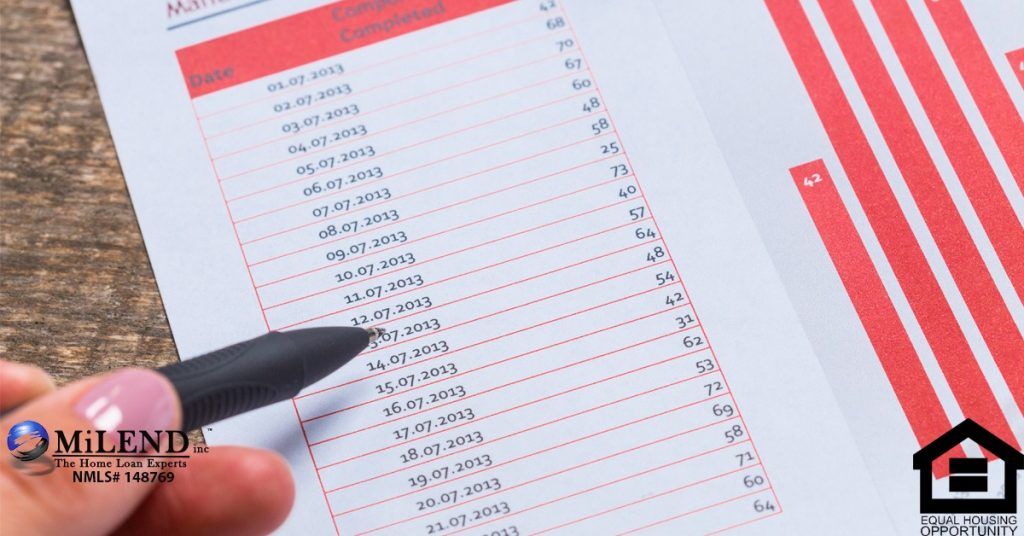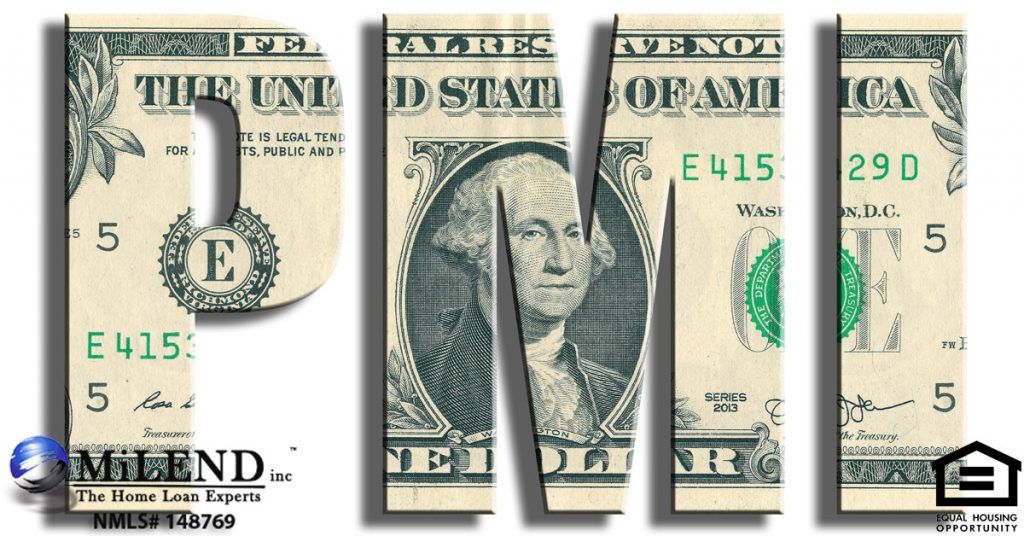Increase Your Chances of a Mortgage Approval
Getting approved for a mortgage is easier than you think, but you do have to be proactive, plan ahead, and set your expectations appropriately before you begin.
In many areas of the country, homes are selling quickly, and there may be fewer properties on the market. So you’ll need to be on your A-game before you start to look.
If you’re planning to purchase a home and wondering how to go about it, a good place to start is with a mortgage professional at MiLEND, Inc. Here’s the way it will go: To gain a baseline of information, your mortgage consultant will ask about the basics, such as your income and your credit status. He or she will run your credit information through what is called an automated underwriting system (AUS). Based on the information you provide, the AUS will show whether you can qualify for a mortgage at that time.
If for some reason you are unable to qualify, the AUS will provide very detailed information on what you need to do to qualify. Even if you do qualify and are in a position to buy a home at that time, you still will want to find out from your mortgage consultant what payments you can afford before you start looking. You don’t want to fall in love with a home only to find out later that it’s out of your reach. Your mortgage professional can also discuss assets and credit; lender guidelines change frequently, and you will want to know what the current guidelines mean to you.
Credit is extremely important in determining whether a lender will approve you for a mortgage. If you need to pay down or pay off debt, it may take some time. Knowing ahead means you can start now. Don’t be disappointed later; talk to your mortgage specialist now.
This content provided by MiLEND, Inc.

Your Ultimate Winter Home Preparation Guide
Read more...












